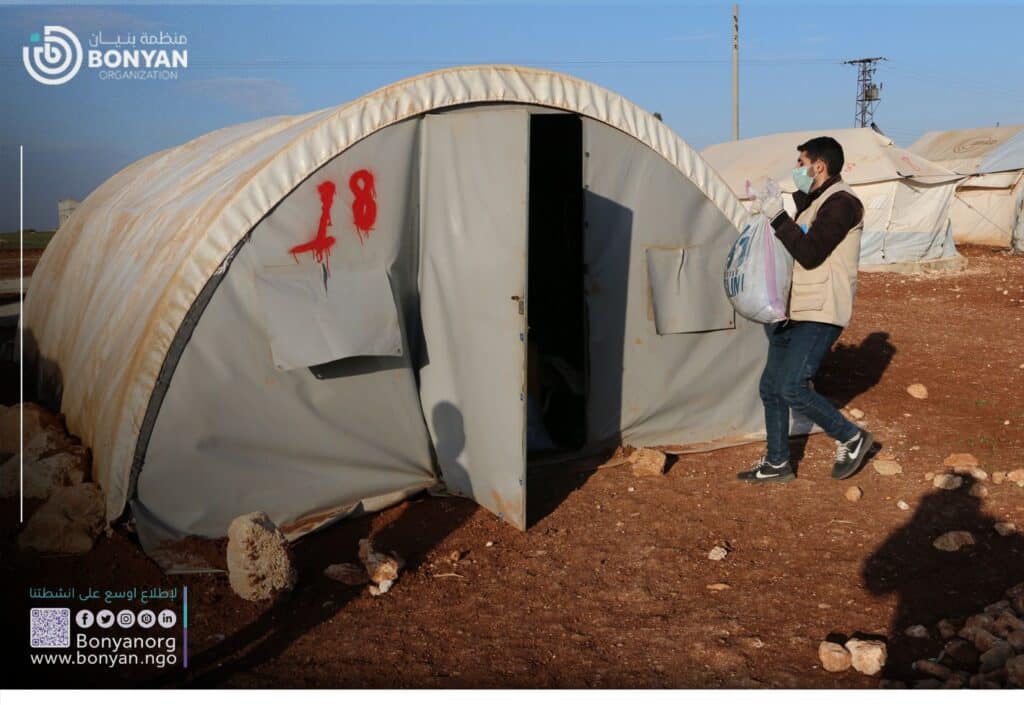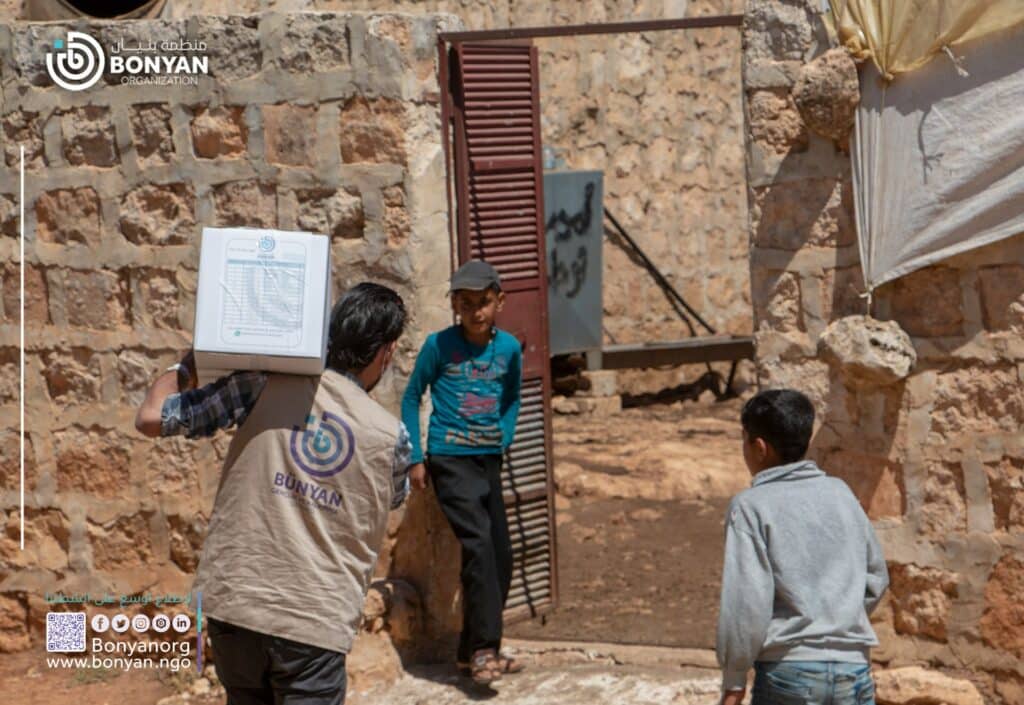Conditions that Make Zakat Obligatory
Allah commanded us to give Zakat to people who deserve it.
Zakat is not obligatory for all people. Some conditions should be in a Muslim to give Zakat, like:
- A free man or woman. A slave does not have to pay Zakat.
- A Muslim. Zakat is a religious obligation upon Muslims, like the five daily prayers.
- Sane: According to Imam Abu Hanifa, the person on whom Zakat becomes obligatory must be of sound mind. Imam Malik holds that an insane person is still liable for Zakat.
- An adult: Children do not have to pay zakat, even if they own enough wealth to make zakat obligatory. However, both Imam Shafi’i and Imam Malik said that the guardians of the children should pay the zakat on their behalf.
- In complete ownership and control of their wealth: The person must own and possess the wealth and be free to spend or dispose of the wealth in any manner they like. If a person has made a loan of their wealth, then they are not in a position to spend it until it is repaid.
- In possession of wealth above the Nisab threshold: The person should possess wealth above a defined amount required to satisfy the essential needs of themselves and their dependents (Nisab).
- Free from debt: Someone in debt may deduct his debts from his assets – if what remains is still above the Nisab threshold, zakat is due. Otherwise not.
- In possession of the wealth for one complete lunar (Hijrah) year: If one owns Zakatable wealth for a lunar year, zakat will become obligatory, provided the total amount of wealth exceeds the Nisab at the beginning of the year and the end, irrespective of any fluctuations in the months between.

The bare minimum is approximately 2 kg of wheat flour, rice, or other staple foodstuffs per household member, including dependants, even if they do not live in the same house.
The Eligibles For Zakat
The Prophet said: Allah permitted not even a prophet to adjudge zakat[-worthiness]. Instead, He “Himself” ruled on it and allowed it in eight cases. Therefore, if you belong to any of these, I shall most surely give you your right. – Abû Dâ’ûd
Poor People
Poor people are those who do not have enough money to meet their basic needs to live a decent life and who face daily hardships to provide their needs of food, clothing, and shelter.
Needy people
Neddy people are the ones who are at the bottom of the poverty state. They need help to get their minimum essential needs just to survive. Therefore, this category is at the top of the list. And we must give our zakat money to them so they can have decent food and find a place to live.
Zakat administrators
Zakat administrators are the people who are responsible for collecting and distributing Zakat money. Those people or organizations that provide aid to a group of needy people, collect and distribute Zakat to them, are also a part of the Zakat-money receivers.

Those Who Have a Reconciliation of Heart
Those who have become Muslims newly, and those who are friends of the Muslim community, are considered our brothers in Islam. Therefore, Allah His Mighty has included them to be entitled to zakat.
To Free Those in Bondage
Previously, back in the early days of Islam, many people were in bondage, slaves, and captives. Islam came to give them their right, and one of these rights was to include them as entitled to zakat money.
The Debt-ridden
Islam meant no hardships for Muslims. Therefore, Allah not only didn’t enforce Zakat money on people with debts, He, The Most Merciful, but also made people who owe enormous amounts of money entitled to zakat.
For The Cause of God
It is just to gain the pleasure of Allah Almighty. It is as simple as this. There aren’t long, hard, complicated roads to pave and walk to get Allah’s pleasure. You can always take the short-cutes-roads. Just like this, “giving Zakat for the cause of Allah.”
Wayfarer
Islam is the religion of Mercy and Compassion. Therefore, even for non-Muslims, Islam has included all people (Ibaad Allah) in some of its rules, such as giving Zakat money to stranded people or traveling with few resources.
Who is Entitled to Zakat?
There are 8 recipients for Zakat:
The poor.
The needy.
Those whose hearts are to be reconciled.
Those in bondage.
The debt-ridden.
In the cause of God.
The Wayfarer.
Who is Exempt from Zakat?
People who are recipients of Zakat are exempt from Zakat.
Can Zakat be given to non-Muslims?
No. You can’t give Zakat to non-Nuslims.



